The Comeback
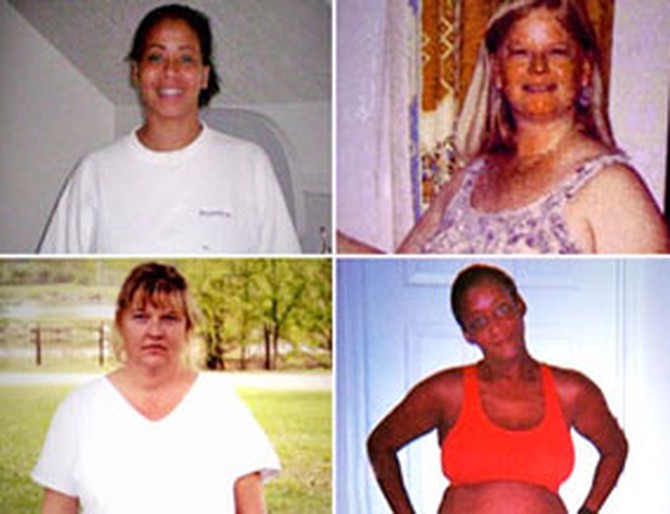
Cheryl, Nathalie, Karen and Andrea were once deservedly proud of their bodies and personal successes, but in recent years spiritual trauma of some kind had dramatically set them off course. They each came to realize that they needed to get their lives back on track.
No ordinary makeover would help them. These women needed to launch a comeback!
No ordinary makeover would help them. These women needed to launch a comeback!
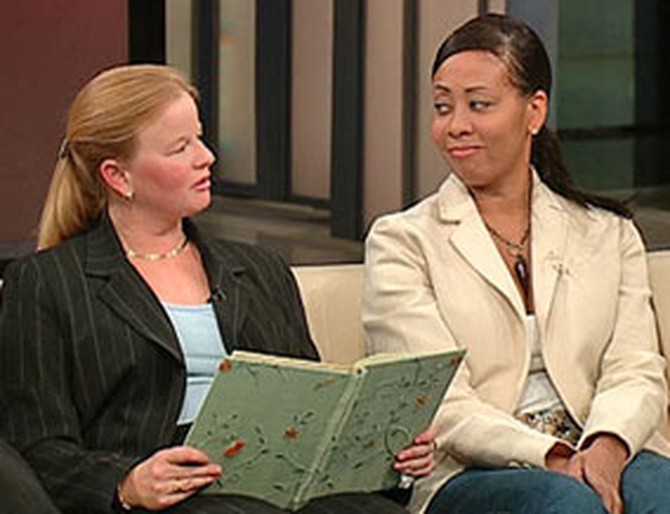
To get back on track, Dr. Robin asked each woman to compile a "Who Am I?" Journal. The important part of this exercise is that it forces one to look inside, rather than merely focusing on appearances and labels. "Not 'Mom,' not 'Christian,' not 'Buddhist,' not 'Jew,' not 'Muslim.' Not that stuff," Dr. Robin says. "Every night I want you writing something about what you're learning about who you are."
Dr. Robin says the biggest reason women let themselves go is that when trying to juggle the demands of family and career, their own needs just fall by the wayside. Taking care of everyone else, they put themselves last on their list. Even when there is time, they have little energy left to give.
The "Who Am I?" Journal should not be exclusively about your failures. While Nathalie's "Who Am I?" Journal includes 39 entries that "chip away" at her self-conceptions, she also includes a list of her successes. "That really helped me feel better and put in perspective that I have made some great decisions in my life," she says.
Dr. Robin says the biggest reason women let themselves go is that when trying to juggle the demands of family and career, their own needs just fall by the wayside. Taking care of everyone else, they put themselves last on their list. Even when there is time, they have little energy left to give.
The "Who Am I?" Journal should not be exclusively about your failures. While Nathalie's "Who Am I?" Journal includes 39 entries that "chip away" at her self-conceptions, she also includes a list of her successes. "That really helped me feel better and put in perspective that I have made some great decisions in my life," she says.
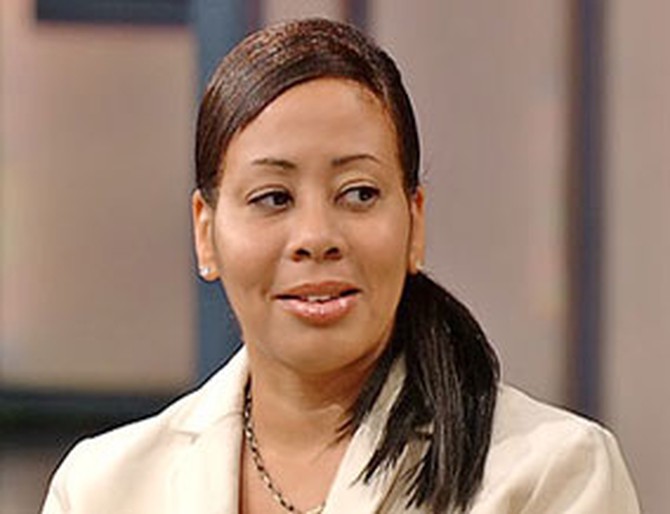
Cheryl gained 40 pounds after her daughter was born prematurely, leaving her feeling angry, depressed and unmotivated. Since coming to terms with her frustrations, she says she's adopted a more positive attitude and has lost 21 pounds. After taking time to care for and appreciate herself, Cheryl says her husband has begun appreciating her more, too.
The hardest part of the process for Cheryl has been taking responsibility for her behavior. "It's so easy to just sit back and have a pity party," she says. "I had to take a step back and say, 'You know what? This isn't anyone else's problem—this is my problem.'"
Dr. Robin says that resting when you're tired, taking time to do things you want to do, such as exercise, and nurturing yourself are important parts of reclaiming your identity. "The word that comes to me is 'boldness,'" says Dr. Robin. "As you're launching your comeback, [you're] inviting a bold woman to grow herself up in [you]."
The hardest part of the process for Cheryl has been taking responsibility for her behavior. "It's so easy to just sit back and have a pity party," she says. "I had to take a step back and say, 'You know what? This isn't anyone else's problem—this is my problem.'"
Dr. Robin says that resting when you're tired, taking time to do things you want to do, such as exercise, and nurturing yourself are important parts of reclaiming your identity. "The word that comes to me is 'boldness,'" says Dr. Robin. "As you're launching your comeback, [you're] inviting a bold woman to grow herself up in [you]."
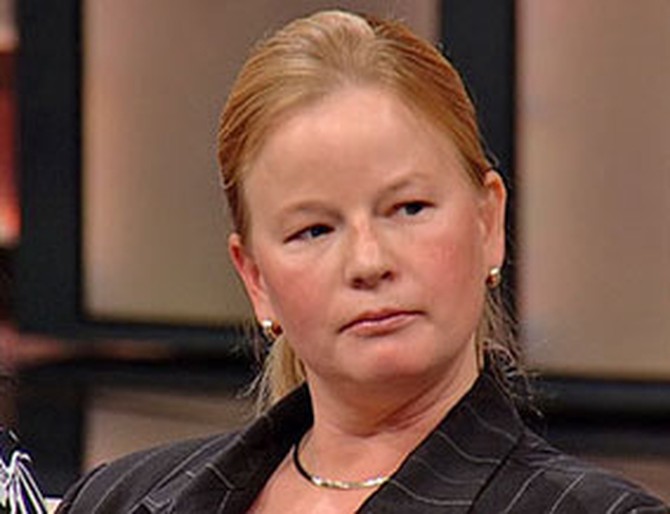
Nathalie was sexually abused as a child and, as an adult, found that her pain and shame were still holding her back. Now she's starting to face her issues and has lost 33 pounds. Nathalie says the most difficult part of her progress has been addressing the abuse head on.
One painful experience during her comeback has actually contributed to her progress, Nathalie says. Her family threw a party and invited the person who sexually abused her. At first Nathalie couldn't get past her feelings of hurt and betrayal—but she turned the incident into a growing experience. "Since then I have decided that I am the one looking out for me," she says. "I'm almost 40. I can do that for myself now."
Nathalie says another difficult part of the process has been committing to take time for herself. She's proud to say she's managed to set aside one to three hours every day for fulfilling activities such as exercising, cooking healthy meals or seeing a therapist.
One painful experience during her comeback has actually contributed to her progress, Nathalie says. Her family threw a party and invited the person who sexually abused her. At first Nathalie couldn't get past her feelings of hurt and betrayal—but she turned the incident into a growing experience. "Since then I have decided that I am the one looking out for me," she says. "I'm almost 40. I can do that for myself now."
Nathalie says another difficult part of the process has been committing to take time for herself. She's proud to say she's managed to set aside one to three hours every day for fulfilling activities such as exercising, cooking healthy meals or seeing a therapist.
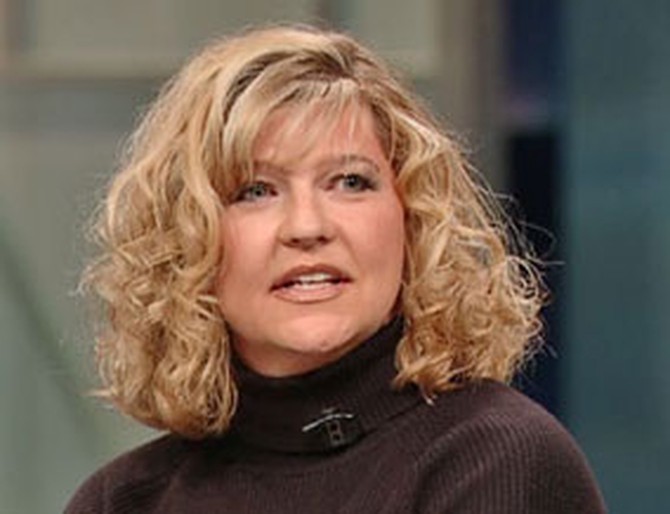
After Karen lost her job, she felt like she lost her identity. She gained weight and gave up on her appearance...but through journaling she's found inspiration and lost 20 pounds. Karen says the most difficult part of her comeback has been changing her thought process.
"[I'm] starting to think a little bit more positively," she says, "making changes and stepping outside the box that [I was] so comfortable in," she says.
Karen says she still feels guilty taking time for herself when she could be spending it with her 3-year-old daughter, but she's starting to realize that neglecting herself is bad for her child. "I'm not a good person to her if I'm not the better person for myself," Karen says. "By me taking that hour exercising, she gets a much better mother."
"[I'm] starting to think a little bit more positively," she says, "making changes and stepping outside the box that [I was] so comfortable in," she says.
Karen says she still feels guilty taking time for herself when she could be spending it with her 3-year-old daughter, but she's starting to realize that neglecting herself is bad for her child. "I'm not a good person to her if I'm not the better person for myself," Karen says. "By me taking that hour exercising, she gets a much better mother."
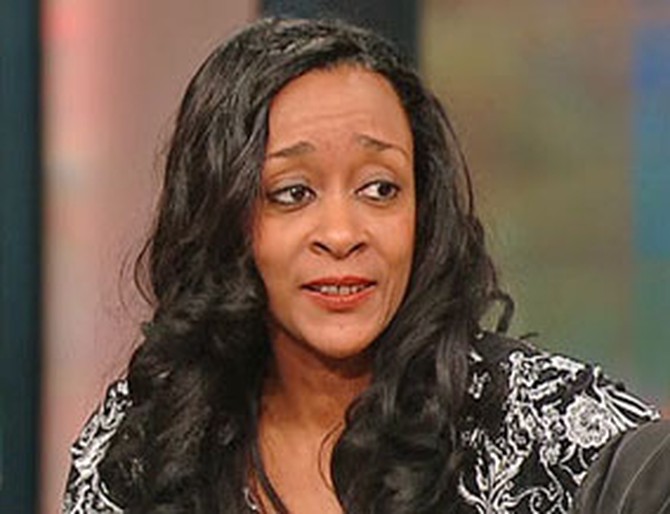
Andrea's embarrassment over her cheating fiancé began her downward spiral. Using food to numb her pain, she gained 40 pounds. Since launching her comeback, Andrea's found a new confidence and has lost 28 pounds. Andrea says that the Who Am I journal has been a key part of her progress.
"It really forced me to face who I am," she says. "When I first started, I didn't really have a clue as to how to answer that question. I know that I am kind and funny. I know that I am resilient, and I know that I am a hard worker. I also know that I can be naive, disorganized, a procrastinator. Saying these words out loud makes you take action, and it makes you say, 'Well, I'm going to try to fix this.'
"Maybe the question of 'Who am I?' is not so much a question [as] a journey. Every time I answer that question, I learn a little bit more about myself. It's not so much answering the question that is as important as the things I find out about myself on the way."
"It really forced me to face who I am," she says. "When I first started, I didn't really have a clue as to how to answer that question. I know that I am kind and funny. I know that I am resilient, and I know that I am a hard worker. I also know that I can be naive, disorganized, a procrastinator. Saying these words out loud makes you take action, and it makes you say, 'Well, I'm going to try to fix this.'
"Maybe the question of 'Who am I?' is not so much a question [as] a journey. Every time I answer that question, I learn a little bit more about myself. It's not so much answering the question that is as important as the things I find out about myself on the way."

In launching their comebacks, Dr. Robin says that these women have learned an important lesson. Taking time for yourself is not an act of selfishness, it's an act of self-preservation. "There's a huge difference between being awakened to the fact that you exist and being self-centered," Dr. Robin says. "You're not self-centered, you just know that you're on the planet now."
Writing in a "Who Am I?" Journal begins the process of defining one's self—in both positive and negative terms. The next step is to discover what you are ignoring. Ask yourself the question, "What is missing in my life?"
Write your list of what's missing in your own Who Am I Journal.
Writing in a "Who Am I?" Journal begins the process of defining one's self—in both positive and negative terms. The next step is to discover what you are ignoring. Ask yourself the question, "What is missing in my life?"
Write your list of what's missing in your own Who Am I Journal.
Published 04/13/2006

